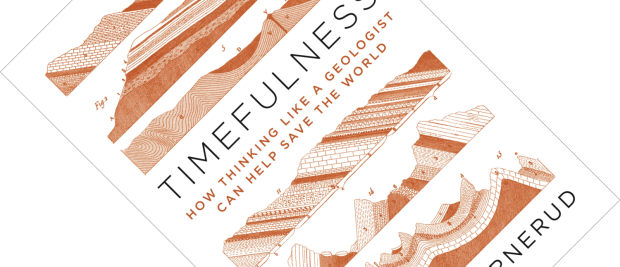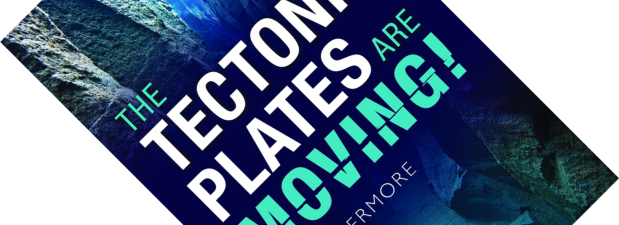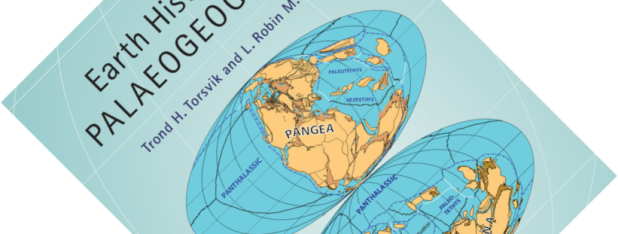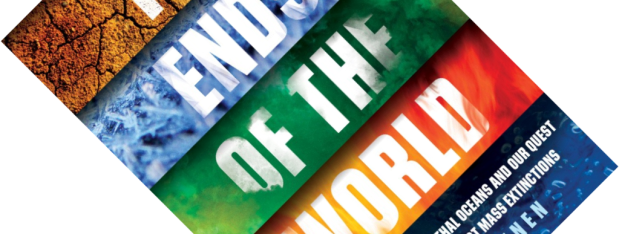At first blush, you might think this book is part of the ongoing craze of spiritual mindfulness books. But let me refrain from snarky comments. Geologist Marcia Bjornerud does indeed want to instil a sense of mindfulness about deep time, but one that is, pardon the pun, grounded in geology. In her opinion, most of us lack an awareness of durations of important chapters in our planet’s history and of rates of change of many natural processes. As a consequence, we fail to see just how rapidly we are altering our planet. In one of the first paragraphs she eloquently writes:
“Like inexperienced but overconfident drivers, we accelerate into landscapes and ecosystems with no sense of their long-established traffic patterns, and then react with surprise and indignation when we face the penalties for ignoring natural laws”.
And with that, she had me hooked.





